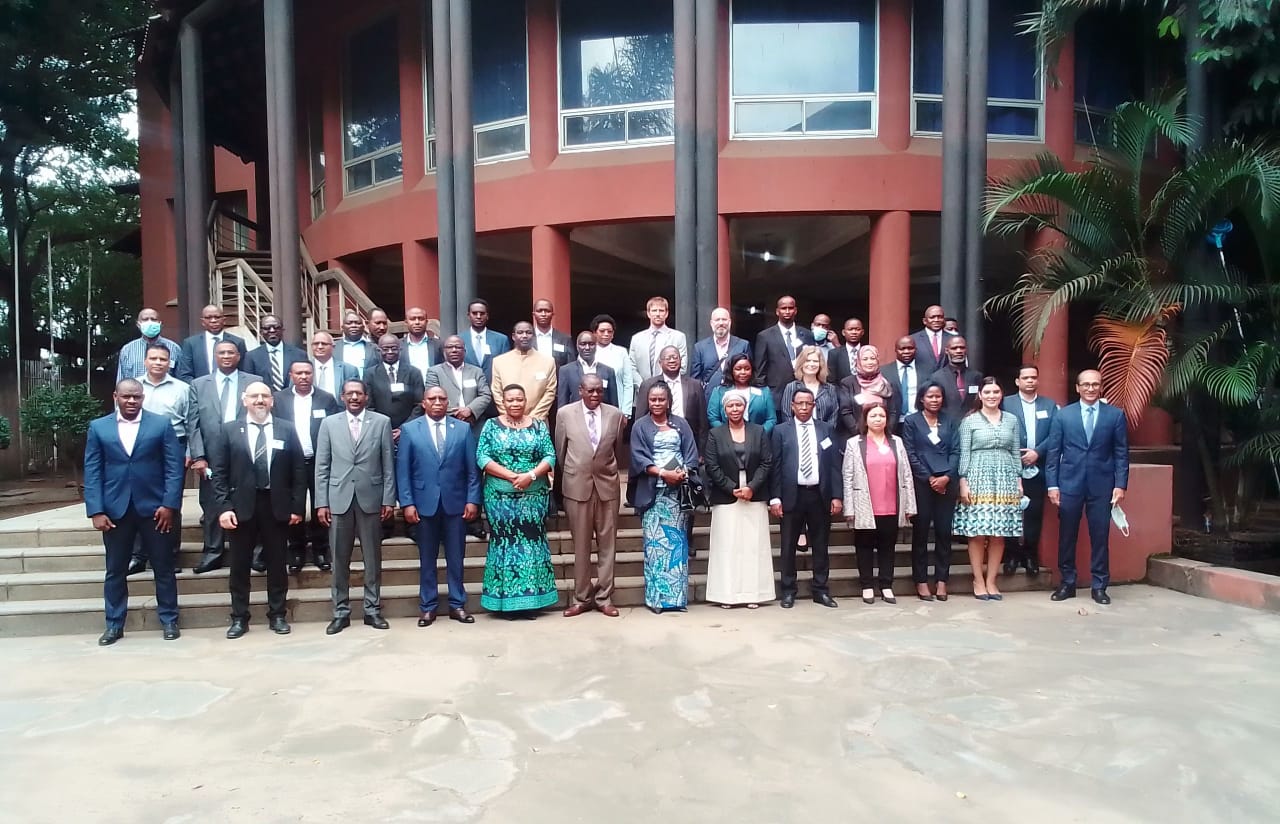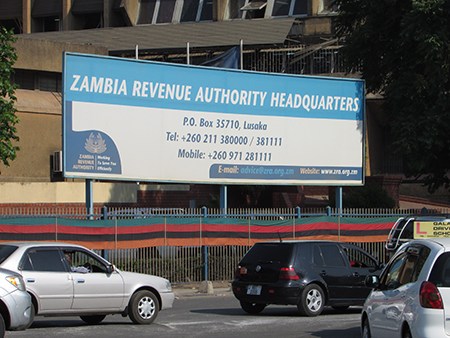• Collection of reliable data also requires adequate, reliable, and sustainable financial and human resources.
• It is important if member States mainstream statistics into national and regional strategic development plans.
• COMESA Treaty under Article 140 also provides for development of statistics in the COMESA region.
Common Market for Eastern and Southern Africa (COMESA) has encourages member States to strengthen capacity of their national statistical offices as well as statistical units in Ministries Responsible for Migration, Labor and other relevant entities.
Speaking during the Regional Workshop on the First COMESA Regional Labour Migration Trends Report, COMESA Assistant Secretary General Programs Dr. Kipyego Cheluget explains this is in order in a bid to have capacity to provide high quality, accurate and timely data for future editions of the COMESA Regional Labour Migration Trends Report.
“Collection of reliable data also requires adequate, reliable, and sustainable financial and human resources hence in strengthening the capacity of national entities responsible for data collection or collection of statistics through the provision of adequate, reliable and sustainable funding are a fundamental pre-requisite,” said Dr. Cheluget.
He further urged member States to budget for and appropriate funding to relevant authorities involved in the collection of migration statistics so that the program can be sustained.
The Assistant Secretary General had since assured Member States that the COMESA Secretariat, shall also continue to make efforts to mobilize extra budgetary resources from cooperating partners to fill funding gaps at both the regional and national levels.
“COMESA Member States with the technical support of Swedish Statistics through the African Union Labour Migration Statistics Programme and the International Labour Organization(ILO) under the Southern Africa Migration Management (SAMM) project have collaborated to produce the First COMESA Labour Migration Trends Report that will contribute to a long-term development objective of Member States aimed at facilitating trade and investment through harnessing the potential of effective migration management.” Dr. Cheluget explained.
He explained that the draft report was a product of COMESA Member States and not the Secretariat and its technical partners Swedish Statistics and ILO under the SAMM Project.
Dr. Cheluget pointed out that the COMESA Treaty under Article 140 also provides for the development of statistics in the COMESA region as reliable and real-time developmental tool for region integration.
According to him, “It is important if Member States mainstream statistics into national and regional strategic development plans to contribute to effective decision and policy formulation in our governance systems.”
And Statistics Sweden representative noted in spirit of the United Nations (UN) Sustainable Development Goal (SDG) 17, Statistics Sweden together with the African Union, Regional Economic Communities, National Statistical Offices and Integrational Labour Organisation on the African continent joined hands in a partnership to improve migration statistics in Africa.
UN SDG Goal number 17 seeks to strengthen the means of implementation and revitalize the global partnership for sustainable development.
The representative said the joint programme was funded by the Government of Sweden through Sweden’s International Development Cooperation Agency.
“A common goal of this joint programme is to make sure that timely and accurate migration statistics are produced and harmonized so they can be compared over time and across states,” the representative said.
COMESA was hosting a workshop on the first edition of the COMESA Labour Migration Trends Report from 22-25 March 2022 at Lusaka, Zambia with Representatives from all COMESA Member States invited to attend this workshop to validate its findings and to discuss the future of labour migration statistics in COMESA, including exploring the need for technical support to align national data with international statistical standards and support coordination and information dissemination within and between Member States.







